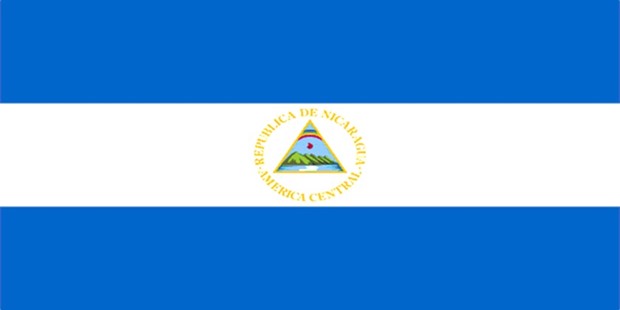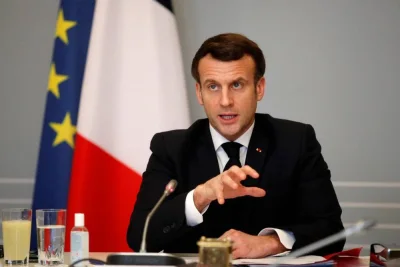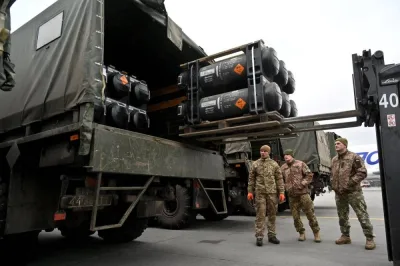Russia recently sold Nicaragua 50 tanks, won access to Nicaragua’s airspace and ports, and is building a law enforcement centre near the Pacific coast.
The Obama administration is “closely monitoring” Russia’s presence in Nicaragua and is expressing concern about the lack of democratic space.
The White House tried unsuccessfully to pressure President Daniel Ortega to host international observers for the critical November elections. And now disappointed members of Congress, led by Florida Republican Rep. Ileana Ros-Lehtinen, want to target Ortega’s pocketbook.
“The only way the likes of (Venezuelan President Nicolas) Maduro or Ortega will feel the pressure is by cutting off their access to money,” Ros-Lehtinen said.
Ros-Lehtinen made comparisons between the Nicaraguan and Venezuelan governments during a hearing for the foreign affairs sub-committee on the western hemisphere. She said Ortega’s efforts to use the Supreme Court to increase his power and stifle opposition were much like Maduro’s own effort to use the courts to block actions by the opposition-led National Assembly.
Last month, Nicaraguan military officials showed off the new Russian T-72 tanks in a scene that recalled when then-president Ronald Reagan used the possibility of Russian tanks as a pitch for funding contra rebels fighting Ortega’s Sandinista government in the 1980s.
“It’s always bewildered me how the second poorest country in the hemisphere is buying tanks, is buying planes, is buying all sorts of arms, and yet the need of the people seems to be ignored,” said Rep. Albio Sires, D-N.J., the ranking member of the western hemisphere sub-committee.
The US has multiple interests in Nicaragua. Nicaragua is a member of the Central American Free Trade Agreement, many US businesses operate there and it’s a key transit point for drugs and other contraband.
The state department’s 2017 budget seeks $14mn in foreign aid for Nicaragua, which has raised US concerns about reports of repressive tactics and courting by Russia and China.
Ortega, a former rebel leader who was also president during the 1980s, is running for a third consecutive term in November after persuading the Supreme Court to overturn a constitutional ban on consecutive terms of office. He is expected to win.
In recent months, Ortega, who leads the Sandinista National Liberation Front party, announced that he would not allow international observers to monitor the upcoming election. He named his wife, first lady Rosario Murillo, as his running mate. In June, the Nicaraguan Supreme Court stripped two opposition parties of their leaders.



